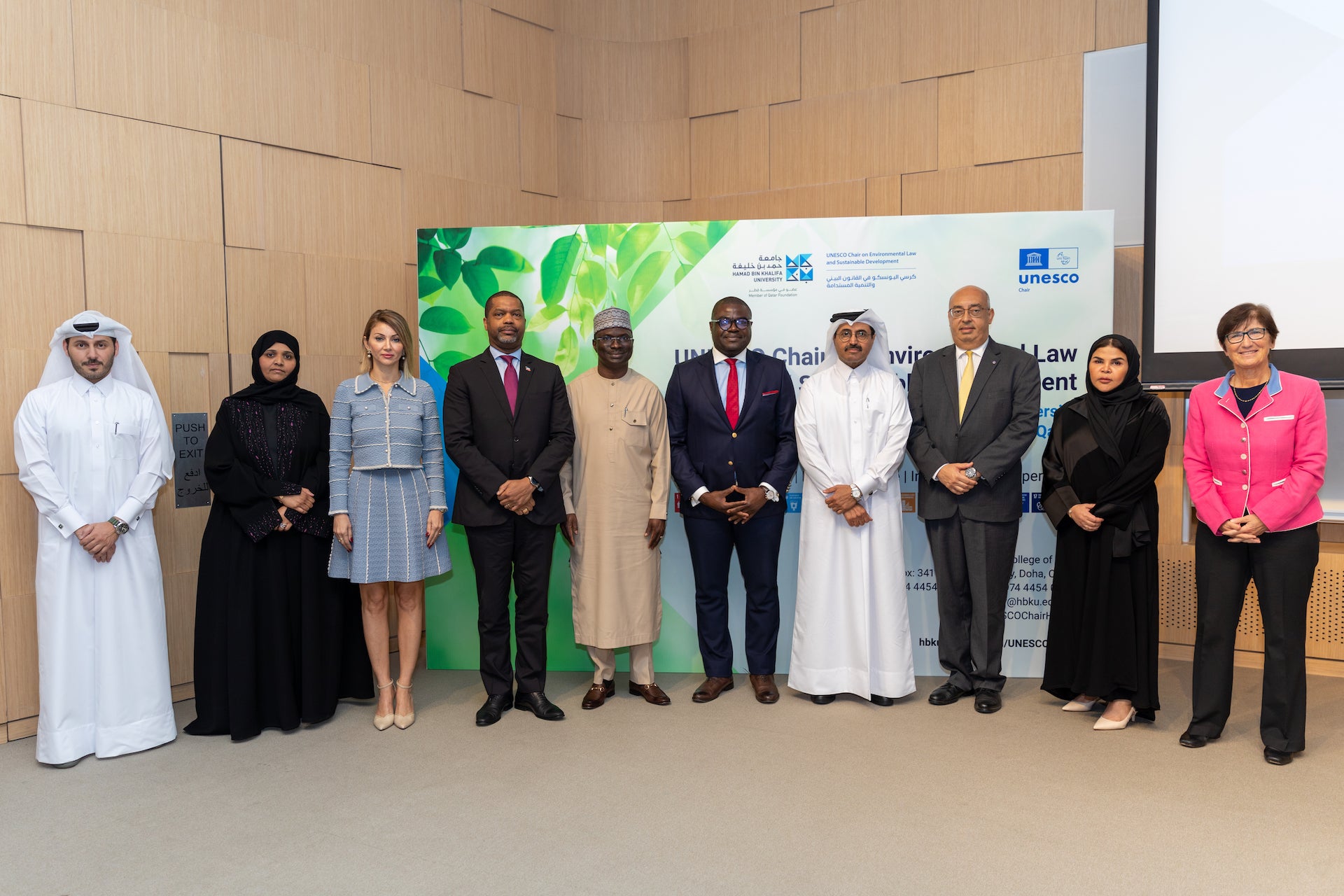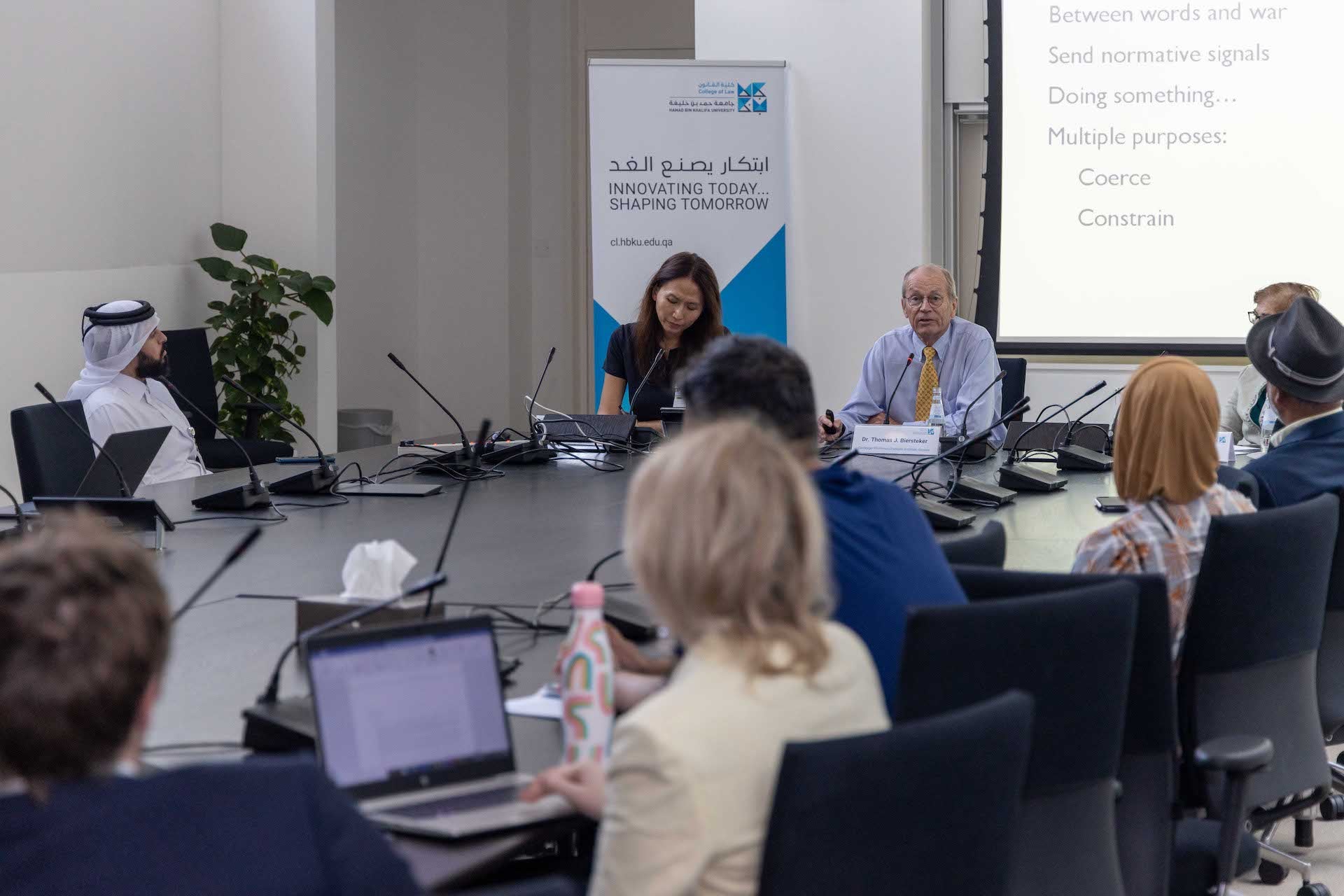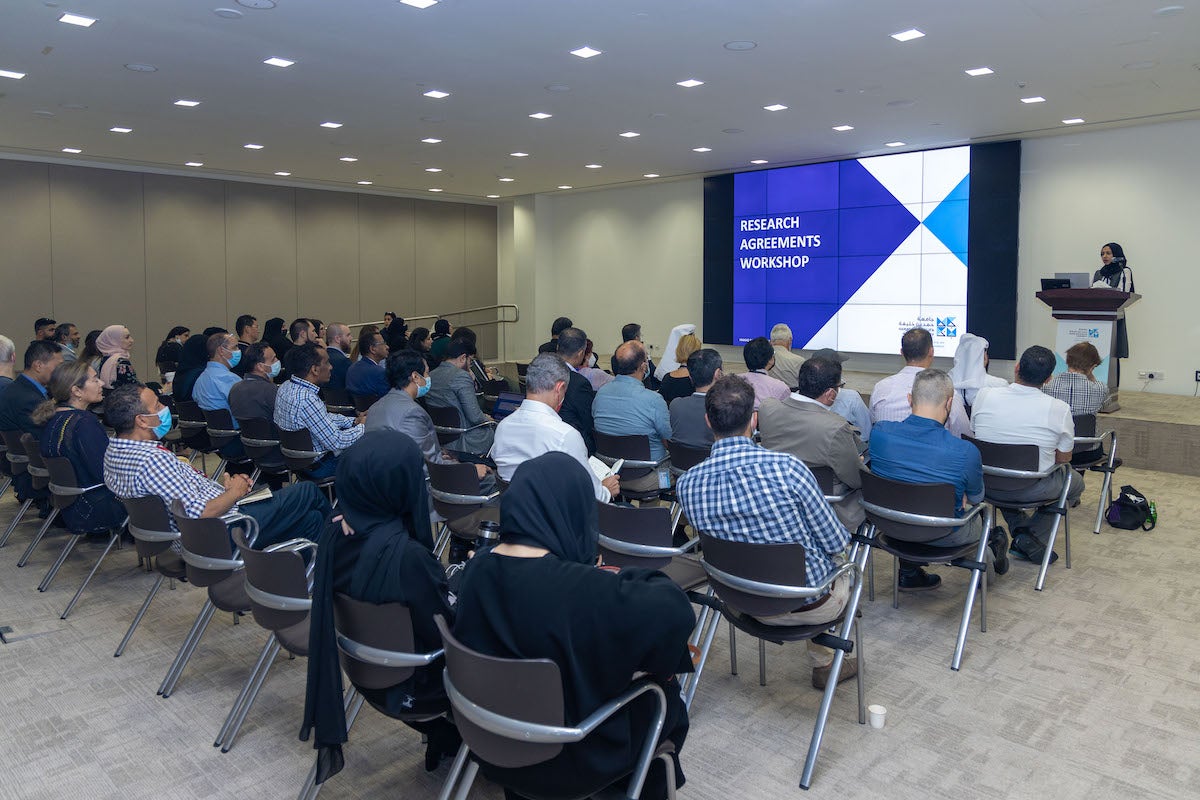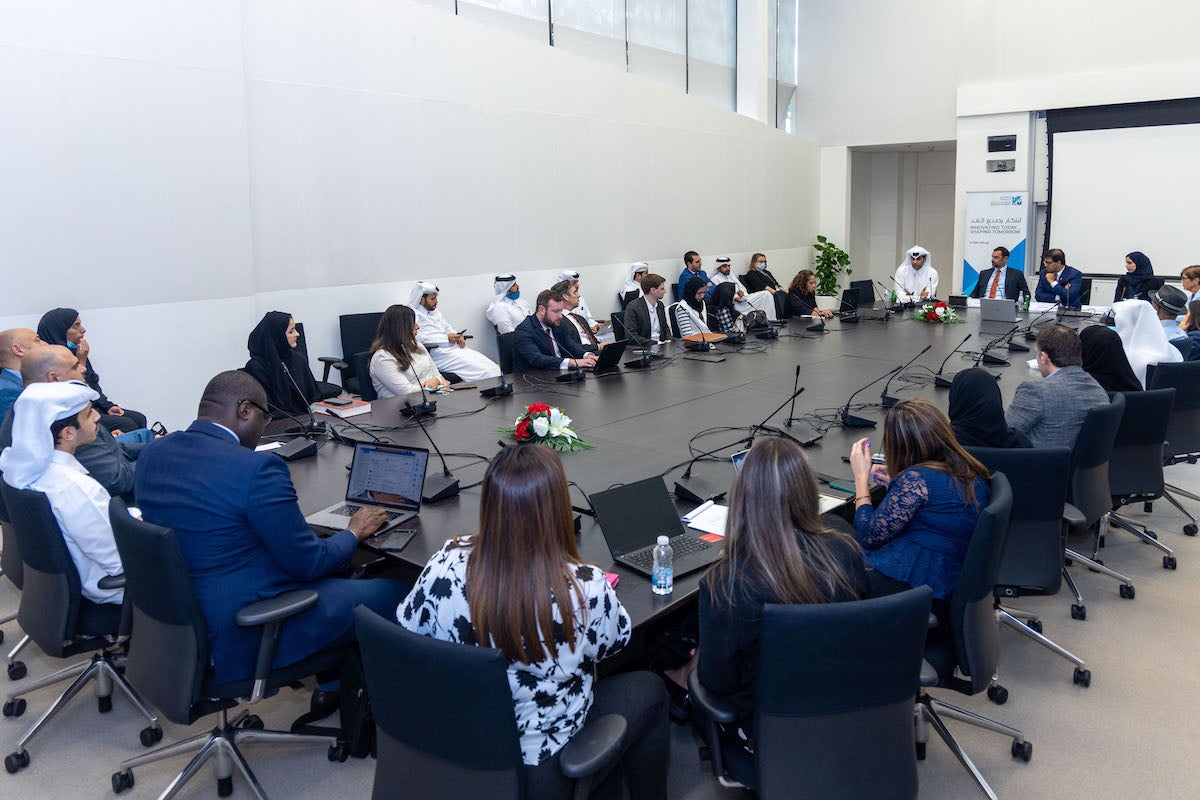By Aisha Al-Naama, Lecturer, College of Law, Hamad Bin Khalifa University
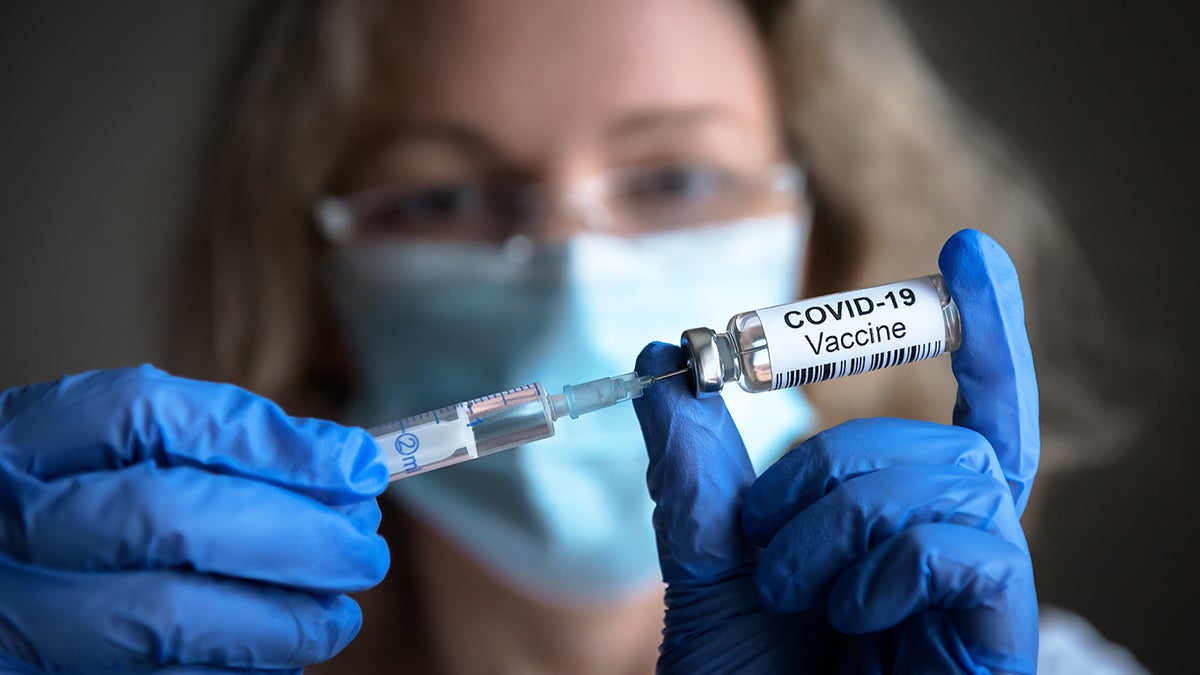
The debate over intellectual property rights (IPRs), particularly patents, and access to medicine is not new. IPRs are considered to drive innovation by protecting the results of investment-intensive R&D, yet arguably also foster inequitable access to affordable medicines.
In a global public health emergency such as the COVID-19 pandemic, where countries face acute shortages of life-saving vaccines, should public health be prioritized over economic gain and the international trade rules designed to protect IPRs?
The Agreement on Trade-Related Aspects of Intellectual Property Rights (TRIPs), to which all 164 member states of the World Trade Organization (WTO) are a party, establish minimum standards for protecting different forms of IPRs.
In October 2020, India and South Africa – countries with strong generic drug manufacturing infrastructure - invoked WTO rules to seek a temporary waiver of IPRs (patents, copyrights, trade secrets, and industrial designs) on equipment, drugs, and vaccines related to the “prevention, containment or treatment of COVID-19.” A waiver would mean that countries could locally produce equipment and vaccines without permission from holders of IPRs. This step would serve to eliminate the monopolistic nature of IPRs that give exclusive rights to the holder of IPRs and enable them to impose procedural licensing constraints.
Brazil, Japan, the European Union (EU), and the United States (US) initially rejected the waiver proposal. That stance changed with the rise of new COVID-19 mutations and the associated increase in deaths, with several countries facing a public health crisis due to vaccine supply shortages. The position of many states began shifting in favor of the India-South Africa proposal, which now has the backing of 62 WTO members, with the US declaring support for the intent of the temporary waiver to secure “better access, more manufacturing capability, more shots in arms.” Several international bodies, the World Health Organization (WHO), and the UN Committee on Economic, Social and Cultural Rights have voiced support.
Some countries disagree about the specific IPRs to be waived or the mechanisms by which IPRs should be made available. The EU submitted a proposal to use TRIPS flexibilities such as compulsory licensing, while others advocate for voluntary licensing. The TRIPS Council is conducting meetings to prepare an amended proposal to the General Council (the WTO’s highest-level decision-making body in Geneva) by the end of July 2021.
The crisis in India illustrates the urgency of the situation. India produces and supplies Covishield, licensed by AstraZeneca; and Covaxin, which is yet to be included on the WHO’s Emergency Use Listing (EUL). Due to the devastating public health crisis, India halted its export of vaccines and caused a disruption in the global vaccine supply, even to the COVID-19 Vaccines Global Access (COVAX) program. In the meantime, the world’s poorest nations lack sufficient, critical vaccine supplies.
International law recognizes some flexibility in public health emergencies. An example would be the Doha Declaration on TRIPS and Public Health in 2001, which, while maintaining the commitments, stresses the need for TRIPS to be part of the wider national and international action to address public health problems. Consistent with that, the body of international human rights law, including the International Covenant on Economic, Social and Cultural Rights (ICESCR), protects the right to the highest attainable standard of health.
But as we race against time, the current IPR framework may not allow for the swift response required. It is the rigorous requirements before a vaccine is considered safe to use under Emergency Use Authorizations and procedural delays which illuminate why IPR waivers on already approved vaccines are needed. Capitalizing on the EUL’s approved vaccines that have proven efficacy to date and easing IPR restrictions will aid in the timely supply and access of vaccines.
A TRIPS waiver may not solve the global vaccine shortage. In fact, some argue that the shortages are not an inherent flaw in the IP regime, considering other supply chain disruptions that persist, such as the ones disrupting microchips, pipette tips, and furniture. However, given that patent licensing gives a company a monopoly on vaccine commercialization, other companies with manufacturing capacity cannot produce the vaccine to scale up production and meet supply demands.
Neither does a temporary waiver mean that pharmaceutical companies cannot monetize their work. States should work with pharmaceuticals in setting up compensation and insurance schemes to ensure adequate remuneration.
At the College of Law at Hamad Bin Khalifa University, our aim is to address today’s legal challenges with a future-oriented view. We see COVID-19 as a case study in how we respond to imminent and existential threats. As global warming alters the balance of our ecosystem, threats will cascade in a way that is hard to predict. When unpredictable health emergencies emerge, it will be human ingenuity that helps us overcome them. Even the global IP regime, as a legal system that regulates ideas, is being tested, and should be agile enough to respond in time, like the scientists who sprang into action and worked tirelessly to develop the vaccines that will soon bring back a semblance of normal life as we know it.
Related News





